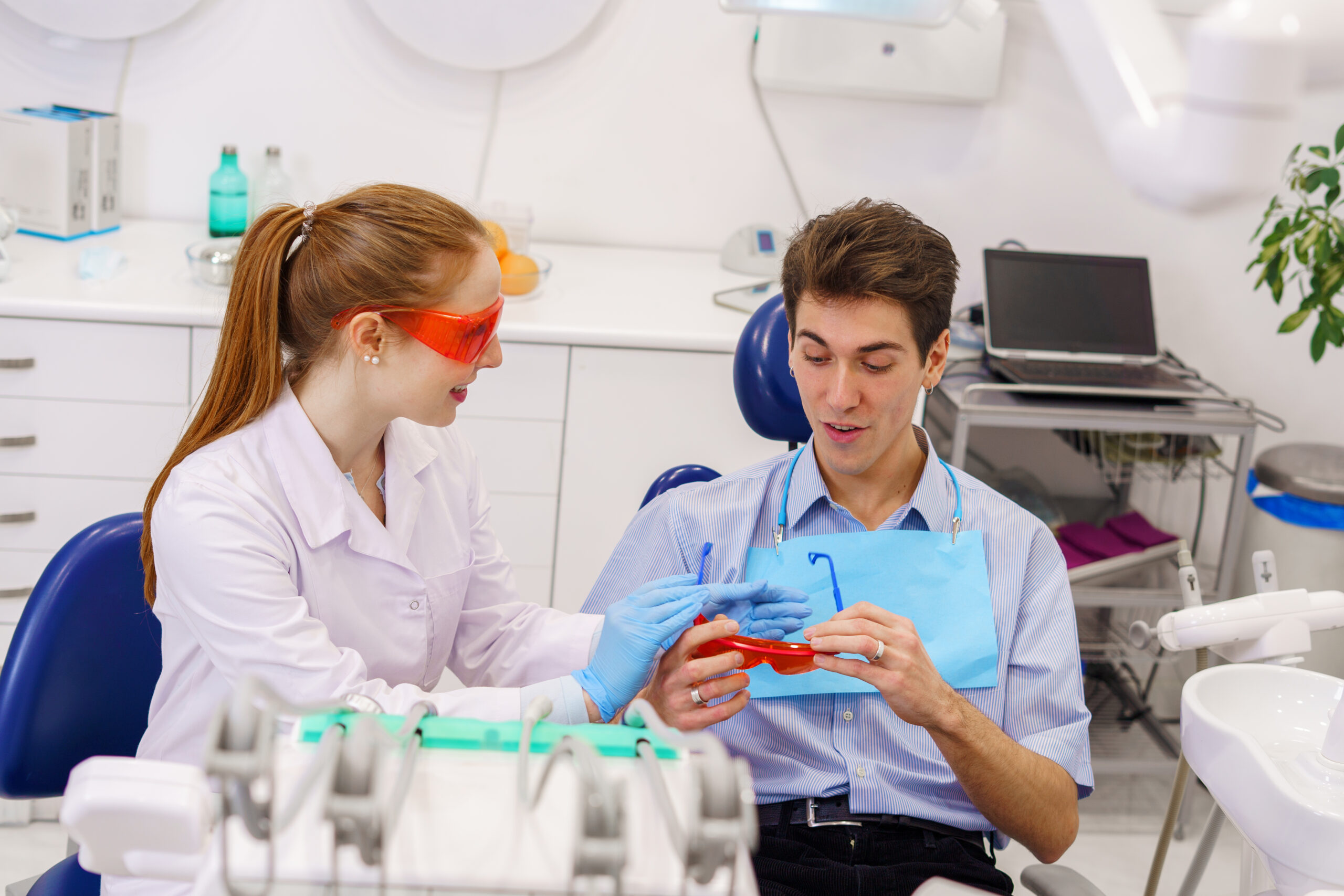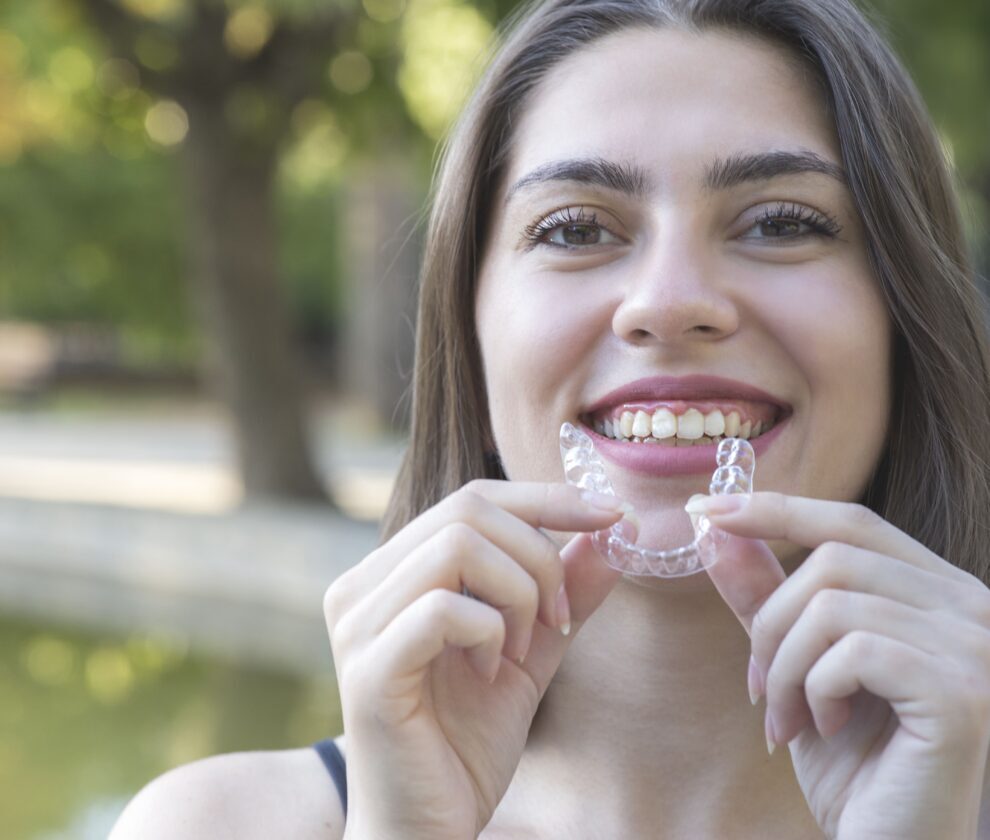
Maximizing Oral Health After 45: Dental Care Tips and Tricks
Tips and Tricks to Improve Your Dental Health Post 45 Years of Age
Age-Related Oral Health Changes:
- Discoloration of teeth
- Wear and tear of teeth
- Sensitivity and pain
- Poor gum health: gum recession and gum infection
- Poor bone health
- Migration and mobility of teeth
- Redness of tongue
- White patches in the mouth
- Dryness of the mouth
- Burning sensations from spicy food in the mouth

How to Improve Your Dental Health
- Visit Your Dentist Regularly: This goes without saying; after 40, it is important to stay abreast of any health issue by visiting the physician routinely. It basically helps you identify issues in their early stages and prevent the hazards of dental emergencies.
Routine dental exams and cleanings by a professional dentist can disinfect your mouth from plaque and tartar, identify black spots that will later transform into cavities, and check for fractures in teeth or deep gum pockets that can potentially cause infections later. The dentist can also educate you about your diet and habits like smoking and sugar bingeing and teach you the correct ways of maintaining good oral health.
- Brush in the Correct Way: It’s not just brushing your teeth twice daily; it’s more about how you brush! Refrain from vigorously scrubbing your teeth with horizontal force. It is the main cause of gum recession and tooth abrasions.
Instead, opt for a soft toothbrush with an ergonomic handle (a powered toothbrush is just fine) and use gentle, swift, rolling, and sweeping up-and-down motions for about a minute or so to clean every bit of the teeth and the gums. - Use a Dental Floss or a Water Flosser: Toothbrushes only clean teeth in the face of it. What happens to the chicken shred or the salad husk that remains annoyingly stuck in between the teeth?
That’s where these thin, waxed dental threads, or dental floss, come in! They seamlessly sweep up and down and in and out between the teeth to clean the inaccessible areas. You can use a piece of floss with a holder or threader to make the job easier.
If you find flossing difficult due to poor sight or hand aches, use a water flosser to flush out the food residues.
- Take Care of Your Dry Mouth: Dry mouth in the 40s is common, especially for post-menopausal women. It is caused by severe hormonal surges in the body. Stress, a hectic work life, and bad oral health routines like smoking and drinking can make things worse.
It’s best to practice stress-busting measures like daily workouts, reduced screen time, and mindfulness meditation to get rid of the adversaries. Moreover, drink copious amounts of water, eat a balanced diet, and get your vitamin C status up to speed to help initiate adequate saliva production.
- Overall Health Comes First: Needless to say, uncontrolled diabetes, anti-hypertension pills, anti-depressants, etc. are directly proportional to poor dental health after 45. Work closely with your general physician to nip these issues in the bud as soon as possible for maintaining good oral health.
- Maintain Records and Manage Your Dental Insurance Well: Nobody says this, but come to think of it, this is an important factor. In your 40s, your children are probably aiming for university, and you are extensively saving for the family. Amidst all that, a dental emergency that could burn a hole in your pocket isn’t warranted.
How do you go about this?
Good oral health habits and regular dental exams and cleanings can save you from complex dental procedures.
Plan your dental insurance well and discuss these options with the dentists in Waterdown, ON, on your first visit.
Conclusion
Dental Care in Waterdown is focused on educating the neighborhood about the best oral health routines to improve your dental health. When looking for the best dentist, Waterdown, always look into the accreditations, recommendations, services offered, and financial plans of the clinic that align with your goals.



